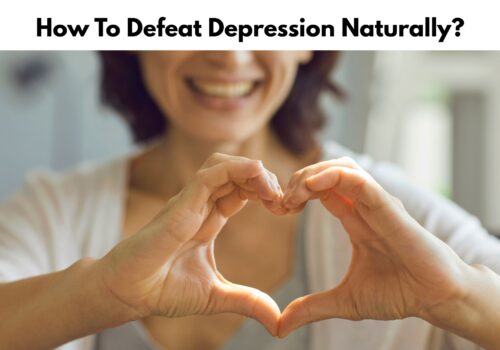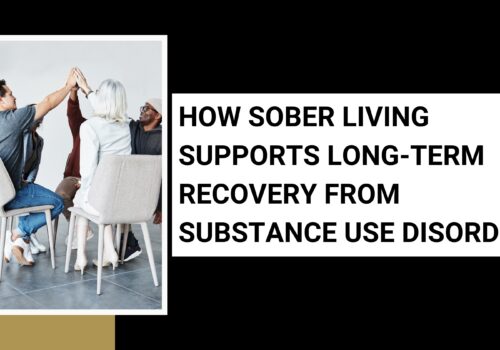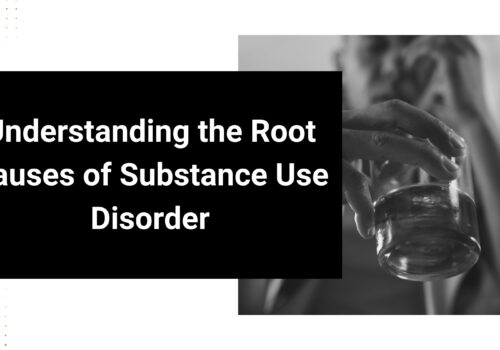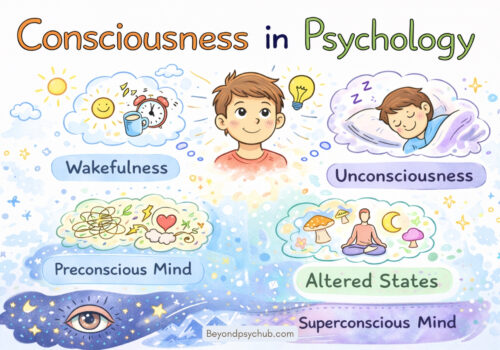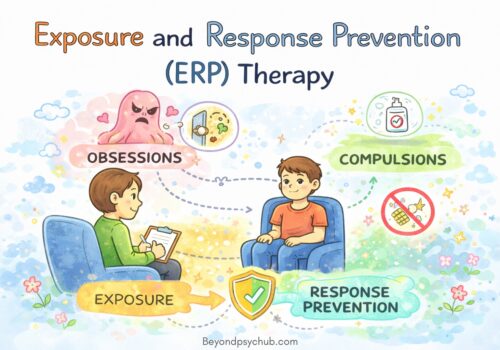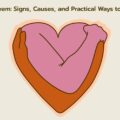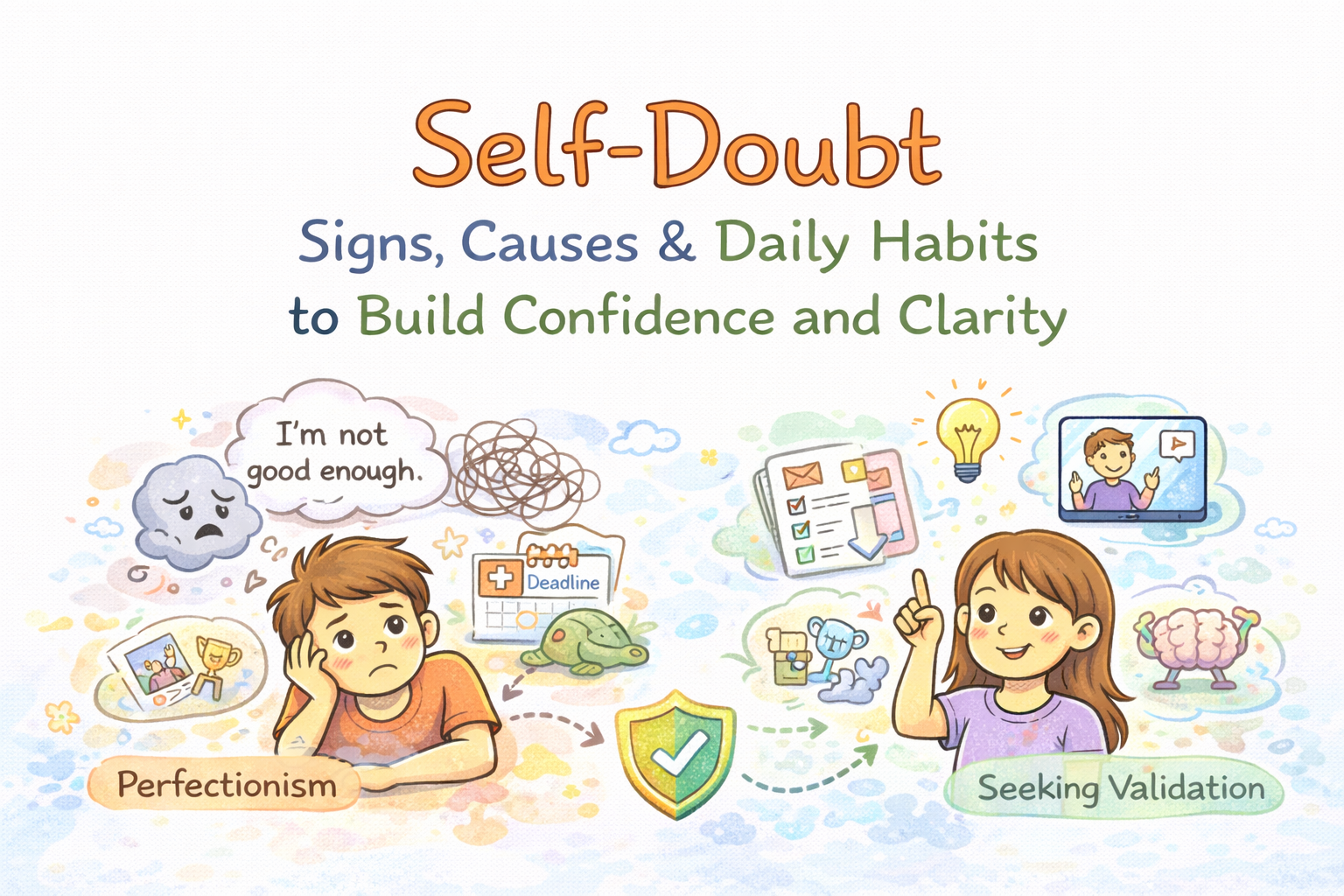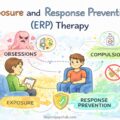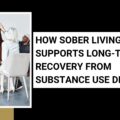From addiction to needing help, living with addiction can be challenge enough but to add a layer of complexity like PTSD or post-traumatic stress disorder to it and it seems like a death sentence. Understanding these comorbid conditions is integral to dealing with them.
We address the relationship between addiction and PTSD, ponder on the significant factors that contribute to these diseases and some treatment solutions in this
The Connection Between PTSD and Addiction
Trauma on its part could lead to Post-traumatic Stress Disorder which amongst other symptoms, exhibits flashbacks, severe anxiety as well as upsetting thoughts related to the event. But in a bid to achieve this, those suffering from PTSD are forced to resort to substance abuse of virtually any kind as a sort of self-medication. A relapse can be made even more unlikely by this cycle of addictive behaviour set in motion by the above syndrome.
Self-Medication and Coping Strategies
Coping Strategies with the Co-Occurrence of PTSD Drugs and alcohol temporarily dull the feelings of fear, anxiety and depression and give someone a temporary feeling of relief, helping them to escape emotional distress. But this self-medication usually increases dependency and worsens symptoms of PTSD over time habitually doing this.
Studies have shown that people diagnosed with PTSD are at a greater risk for developing substance abuse disorders than individuals who do not have PTSD. And They need to be treated together or else it would be difficult to recover from either of them.
In addition, the social stigma against mental illness and addiction can make it difficult for people to seek care, often resulting in suffering in silence. Such isolation tends to increase hopelesness and despair, making it more and more prevailed of an addiction cycle
Common Substances Used and Their Effects
Alcohol can provide emotional numbing, whereas opioids may result in euphoria and a sense of escape. On the other hand, stimulants are often used to compensate for lethargy or depressed mood in PTSD.
In addition, comorbid PTSD and addiction can create a vicious cycle, where one disorder worsens the symptoms of the other. Symptoms of drug withdrawal, for example, can mimic or magnify PTSD symptoms, leading people to self-medicate, further complexing their condition(s). This complicate interplay underlines the necessity of a highly personalized, comprehensive treatment model that addresses both PTSD and substance use disorder together so that individuals receive full-spectrum support tailored to their unique experiences and needs.
Understanding Neurobiological and Environmental Factors
Brain Chemistry and Trauma
Trauma is known to significantly alter the chemistry of the brain specifically in areas responsible for regulating mood, stress and reward. When your dopamine and serotonin are thrown out of balance, it causes the devel
Environmental Stressors
Both PTSD and addiction may be worsened by exposure to environmental stress that often goes hand-in-hand with poverty, abuse, or neglect, although the same Symptoms and Disability person can also be exposed to stress that…
Pathways to Recovery
Addiction as well as PTSD is a complex disease that cannot be “cured” with medication and conventional talking therapies. Generally, a combination of medication, therapy, and recovery support networks have yielded the highest rates of success.
Therapeutic Interventions
Cognitive Behavioral Therapy (CBT) has been found to be one of the most effective interventions for both addiction and PTSD. By showing the patient the interrelation between their thoughts, feelings, and behaviors, CBT provides the tools necessary to modulate distressing emotions without needing to resort to drugs.
Eye Movement Desensitization and Reprocessing (EMDR) Especially effective for trauma-related symptoms.
Dialectical Behavior Therapy (DBT) Focuses on emotional regulation and building healthy coping skills.
Medication Management
In recovery, medication can also play a vital role. Some antidepressants, anti-anxiety medications and other pharmacological interventions may be able to help with the symptoms of both PTSD and addictions. Every medication must be starting, monitoring and stopping under the care of a proper clinician so as to avoid the risk of addiction. Medical management should always be tailored to individual needs, including how well they are coping with their trauma, abstinence and compliance.
Building Support Systems
One of the key components to recovery from PTSD and addictions is having a solid support network. Support groups like Alcoholics Anonymous (AA) or Narcotics Anonymous (NA) are critical in feeling connected to others who get it. With the active involvement of family and friends in the recovery process, a supportive atmosphere can be created. Also, pur
Along with this, activities that promote wellness such as mindfulness, exercise and creative endeavours can enrich recovery still further. This divers
Conclusion
How the two are connected – addiction and PTSD – is complex and diverse but understanding this interplay is necessary for recuperating from and managing both conditions effectively. By getting the two treated at the same time combining multiple therapies and medications, along with continued support from more than one source, one can take the beginning steps to the road to recovery.
Recovery is a marathon, not a sprint—but with resilience, support, and the right resources, it is absolutely possible.





